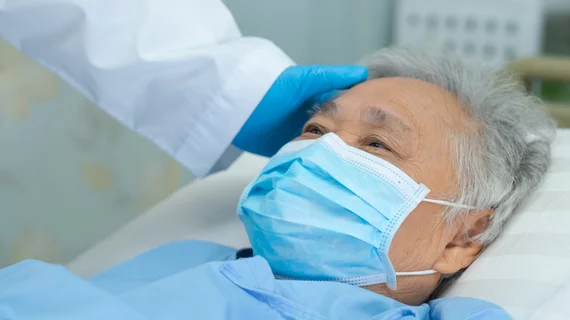Cancer screenings still lagging after 82% drop during COVID-19 peak
Researchers expect to see an uptick in cancer mortality rates due to the drastic drop in screenings during the height of COVID-19, according to a study set to be presented next week at RSNA's annual meeting.
Cancer screening rates dropped by an astounding 82% from March-May 2020. Due to stay-at-home orders and the emphasis on social distancing, this was to be expected, experts noted. But it was assumed these numbers would recover once vaccination rates increased and imaging centers reopened fully. However, according to new research, this was not the case.
“Once normal operations resumed, you’d expect that these patients were being imaged in an equitable way, but, in fact, it turns out that they weren’t,” explained senior author Marc Succi, MD, an emergency radiologist at Massachusetts General Hospital and executive director of the MESH Incubator.
A new analysis suggests that cancer screenings and initial workups remain down 11.7% and 20%, respectively, from their pre-COVID numbers. Researchers suggest the reduction in CT cancer screenings could lead to more aggressive diagnoses for patients in the future, since routine screenings often spot problems before symptoms appear.
The team also highlighted an increase in cancer-related CTs across emergency departments during the study period. This implies that patients presented after symptoms kicked-in and were likely unaware of their illness, which further supports the theory providers will inevitably see more patients with advanced cancers, the authors explained.
Cancer patients remain in a precarious situation during the COVID era, the group added. While many are immunocompromised and especially vulnerable, missing cancer screenings, treatments and follow-ups could be detrimental for their long-term prognoses.
“If a patient is due for a yearly lung cancer screening with a CT scan, we need to make sure they’re aware that they can and should get that screening regardless of COVID,” Succi added. “Delays in screening are inevitably going to lead to delayed diagnoses and increased morbidity.”
Look for full study details to be presented next week.

